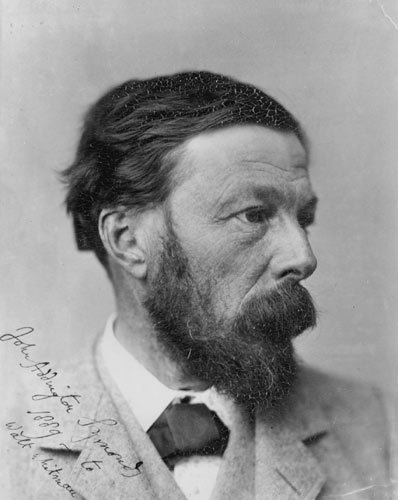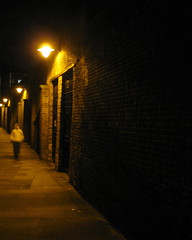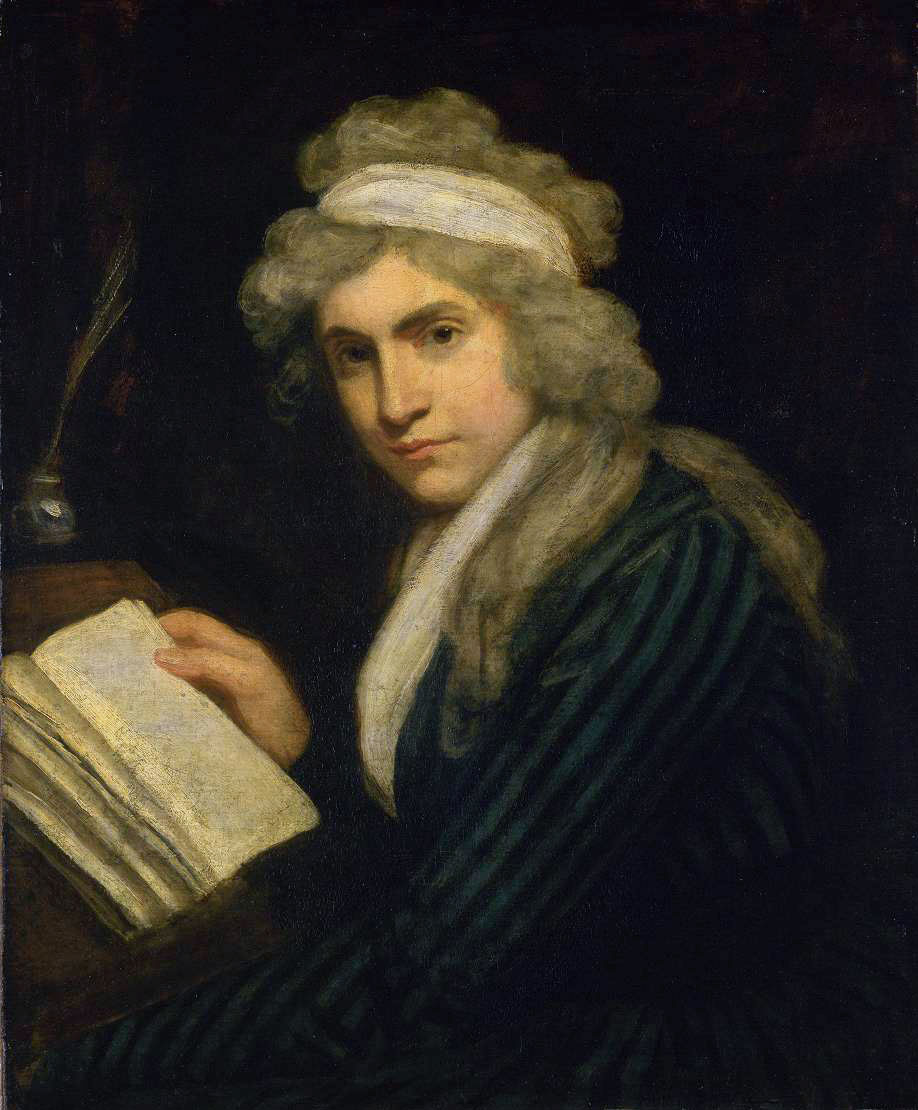In the nineteenth century, railways made distant locations ever more accessible, the Grand Tour became more and more a pastime of the middle classes, and British imperial expansion brought exotic locales and non-Western cultures ever closer to home. New ways of thinking about and communicating experiences of travel and of interactions with other cultures held a significant influence in various areas of nineteenth-century culture. This period saw an enormous expansion in museums and popular exhibition culture, technological innovations, such as photography and film, as well as the vast growth of a popular press that served to deliver these experiences, images, and objects to an increasingly literate public. This public in turn seemed to possess an insatiable appetite for travel narratives, shows, and exhibitions, both fictional and factual.
This interdisciplinary conference seeks to explore the divergent and complex ways in which travel was understood and communicated in the nineteenth century. Contributors are invited to investigate the depiction and representation of travel in as wide a variety of media and for as wide a variety of audiences as possible. We seek submissions from historians, literary scholars, art historians, anthropologists, and material culture scholars, which illuminate the narratives—popular, academic, private or official—that surrounded travel in the period.
Plenary speakers will be James Buzard (Massachusetts Institute of Technology), Geoff Quilley (Sussex University), and Nicholas Thomas (Cambridge University).
We invite papers on themes such as:
- The construction of ideas of the real and the virtual or authenticity and distance through travel narratives
- Different venues for narrating travel, including the domestic, and the way such venues affected the consumption of travel narratives
- Forms of travelling individuals, such as the missionary, the explorer, the tourist, the connoisseur, or the scientist, and how they were constructed by texts, images, and objects
- Different audiences for travel narratives – in literature, exhibitions, private patronage of artists, or in museums and private collections
- How different narratives framed and constructed the moment of encounter with the cultural other in travel
- The role of technology in enabling new narratives of travel and how narratives of travel described technology
- Travelling in time as well as travelling in space
Please send abstracts of no more than 300 words to Kate Hill (khill@lincoln.ac.uk), Laurie Garrison (lgarrison@lincoln.ac.uk), or Claudia Capancioni (claudia.capancioni@bishopg.ac.uk). The closing date for proposals is February 15, 2011.




















